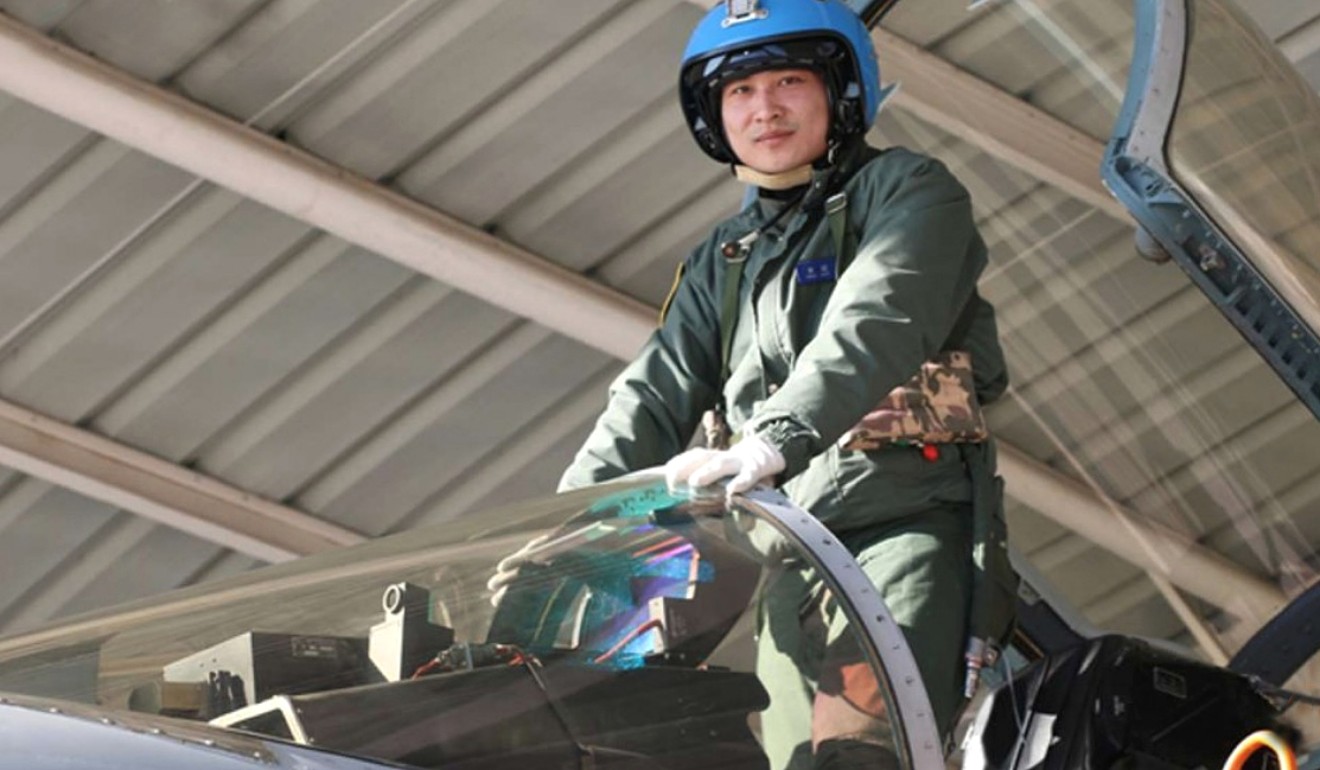
Chinese military warns against forged data and plagiarism in science and technology research
Academics have been put on notice to maintain ‘integrity of scientific research’ as rampant misconduct puts lives at risk
China’s military top brass have released research integrity guidelines urging leaders in charge of the country’s defence-related science and technology research to avoid forgery, plagiarism and other wrongdoing.
The guidelines published on Friday are the first indication that China’s defence industry faces a forgery problem similar to that found in the academic community – including feigning scientific data, plagiarising subordinates’ study results, exaggerating study achievements and other misconduct.
The guidelines have been proposed by the Science and Technology Commission, a functional department directly under the powerful Central Military Commission headed by President Xi Jinping, which is in charge of China’s military defence technology research and development.
The guidelines include 17 specific rules, requiring all technological research department heads, academic leaders and research supervisors in the defence industry to not do “anything to violate the integrity of scientific research”, to not be “opportunists”, as well as to be “honest people that always put integrity as the top priority”.
China ‘developing electromagnetic rocket with greater fire range’
Military mouthpiece PLA Daily published the guidelines with four commentaries in a full-page special to explain the importance of “integrity”, calling on all military technology scientists to not become “careerists,” and to learn from the selfless spirit of their predecessors like Qian Xuesen, the American-educated Chinese scientist who helped China develop its first atomic bomb in 1964.
Research integrity has been damaged in recent years by cases of misconduct which have included falsification, plagiarism, arrogance, speculation, and other bad habits, according to a senior official of the commission quoted in the PLA Daily.
The official added a hope that the guidelines would warn senior leaders and help them correct wrongdoings.
Military insiders said the guidelines indicated rampant academic fraud and dishonesty in technology research among China’s defence research institutes and military industries. These are now dominated by state-owned enterprises which has led to a brain drain from government-financed research institutes.
The announcement came just a few days after a legal document began circulating online which described the poaching of a key rocket engine researcher from the state-owned China Aerospace Science and Technology Corporation, who now works for Beijing-based LandSpace Tech.
How a Chinese rocket scientist’s resignation started a nation talking about its poorly paid talents
The private company was founded by mainland financiers and space scientists who had resigned from state companies.
The document sparked an outcry on Chinese social media, since the scientist, identified as Zhang Xiaoping, alleged the research position at LandSpace was earning him 10 times his previous salary of 120,000 yuan per year (US$17,400).
“The guideline aims to warn academic leaders in the defence industry to stop the ongoing brain drain of primary and middle-level researchers amid the rise of private technology enterprises over the past few years,” a Beijing-based military insider said.
“In fact, Zhang’s case is just a tip of the iceberg, because after his leaving, more than a dozen colleagues in the rocket institute also resigned."
The insider said that, besides low salaries, defence technology scientists without established backgrounds also faced other raw deals, including having their research findings plagiarised by supervisors.

To win more funding and resources amidst the country’s goal over the past few decades to step up military modernisation, many academics have been forging scientific research data, the insider said, citing the example of the troubled J-15 fighter jets.
Two sources close to the military said in July that there had been at least four crashes involving the J-15, although only two of them had been reported by state media, leading to one death and one severe injury in 2016.
China is working on a new fighter jet for aircraft carriers to replace its J-15s
All J-15s were grounded for three months after the crashes, undermining morale in the air force and navy, while an investigation into the fatality was called for.
The Beijing-based insider said that, after the fatal accidents, some academics finally admitted they had forged some data relating to the flight control system.
Another military insider in Shanghai also said the first home-grown C919 passenger aircraft had been plagued by forgery, pushing authorities to suspend all flight tests since July.
“The seniority system of China’s academic world is to blame,” the Beijing-based insider said, adding that almost all Chinese academics enjoy lifelong tenure.
“All academics in China’s defence technology studies have great administrative power to decide the sharing of funding and resources ... there are so many academics, many of them don’t allow primary researchers to share the honours.”
The insider said that many researchers could not conduct experiments because of a lack of resources and funding.
“That’s why their supervisors allow them to forge data and plagiarise when writing essays,” he said.

